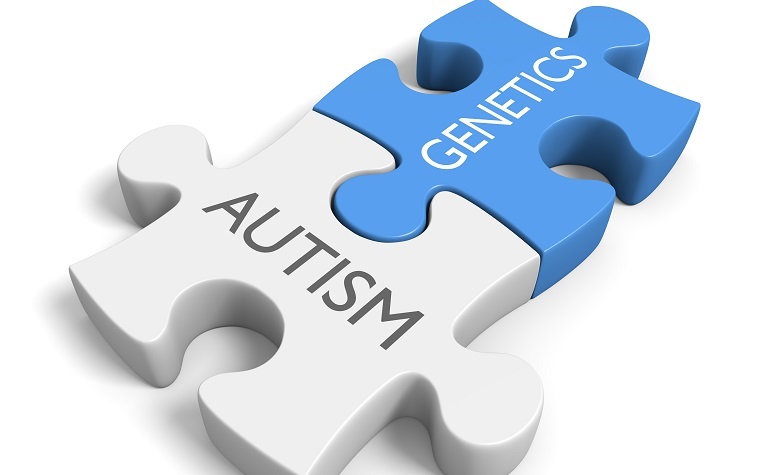
The latest meta-analysis of seven different studies supports the theory that autism risks are decreased when pregnancies are separated by a year or more, according to the World Health Organization (WHO) and the U.S. Office of Population and Reproductive Health.
The study, published in Pediatrics, suggests that short birth intervals can cause several serious medical risks for babies and their mothers when children are born too closely after an older sibling.
The meta-analysis included data from over a million children who were previously featured in published studies about the association between autism risks and pregnancy intervals.
According to the analysis, pregnancy intervals of three or four years reduce the risk of autism by approximately 50 percent, compared to pregnancies that are closer than one year.
The research also showed that when pregnancies have fewer than two years of interval, there is a slight increase of autism risk.
“At this point, all we can say with confidence is that healthy pregnancies are of the highest importance,” Paul Wang, Autism Speaks' head of medical research and developmental pediatrician, said. “Women who are pregnant or thinking of having a baby should consult with their doctors to help promote optimal health in areas such as nutrition, weight, management of any chronic conditions and being up to date on appropriate immunizations.”